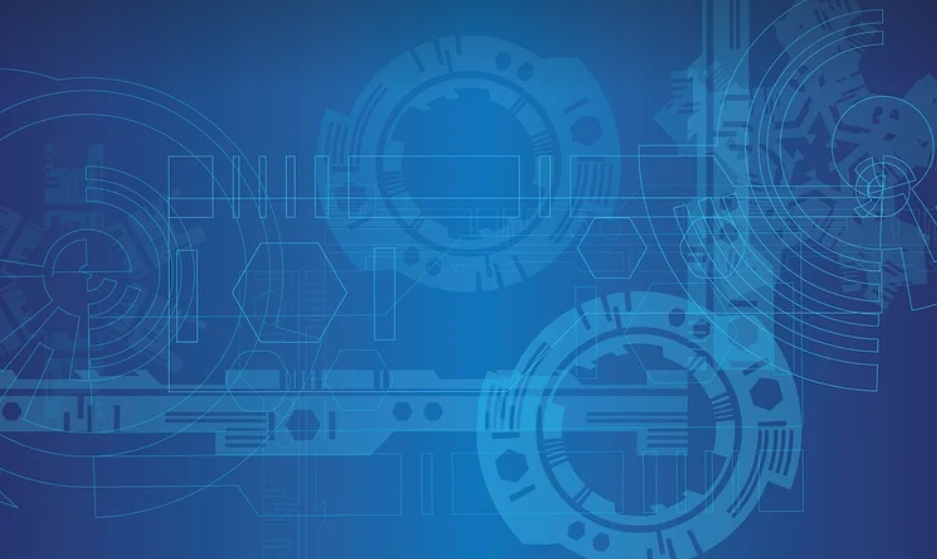
A New Era of Learning
The world of engineering is forever changing. Modern society’s dependence on technology has sparked a revolution in how we learn and approach challenges. This revolution is fueled by computer applications, which have become essential tools for engineers throughout their entire careers.
Gone are the days when textbooks were the sole source of knowledge. Computer models, simulations, and data analytics now underpin engineering education, providing students with a more dynamic and hands-on learning experience. Engineering education has been transformed by these advancements, offering a glimpse into the future of professional practice.
One of the most significant impacts of computer applications is in modeling complex systems. Before computers, engineers relied on physical prototypes to test their designs. This process was time-consuming and often yielded unexpected results. Thankfully, engineering software has made simulations a reality. Programs like ANSYS, COMSOL, and FEA allow students to virtually build and test structures, circuits, and other systems before constructing them physically.
These simulations offer numerous advantages over traditional methods. Students can experiment with different parameters, observe the physical behavior of their designs in simulated environments, and identify potential problems early on. This iterative process helps them hone their design skills and develop a deeper understanding of how things work. They learn to solve problems efficiently and effectively.
Beyond modeling, computer applications have revolutionized engineering education through the use of interactive simulations and online learning platforms. These tools allow students to explore complex concepts in a more engaging way than traditional textbooks can offer. Interactive software allows them to visualize abstract ideas, experiment with different solutions, and receive instant feedback on their progress. This hands-on approach fosters a deeper understanding and appreciation for engineering principles.
Another area where computer applications have had a significant impact is in data analysis. Engineers are now capable of collecting vast amounts of information from sensors and measurements, analyzing it, extracting valuable insights, and using those insights to make informed decisions. Engineering software like MATLAB, R, and Python empower students with the ability to analyze complex datasets, identify patterns, and develop predictive models.
This data-driven approach allows engineers to tackle real-world challenges more effectively. By analyzing historical data, they can predict potential failure points, optimize designs for improved efficiency, and make informed decisions about resource allocation. Data analysis is a critical skill in the 21st century, enabling engineers to solve complex problems with greater precision.
The integration of computer applications into engineering education goes beyond technical skills and fosters valuable soft skills as well. Collaboration, problem-solving, and communication are crucial aspects of engineering practice, and these skills can be honed through interactive simulations and online platforms. Students learn to work in teams, present their findings effectively, and adapt to changing circumstances.
As engineering education continues down this path of innovation, the future promises even more exciting developments. Artificial intelligence (AI) is poised to play an increasingly significant role, providing new tools for learning and pushing the boundaries of what’s possible in engineering. The potential for AI in engineering education is vast.
For instance, AI-powered tutoring systems can personalize learning experiences based on each student’s individual needs. They could provide real-time feedback and guidance to help students stay on track with their studies. AI tools can also create more interactive simulations and personalized learning materials. This means that engineers in the future will be better equipped than ever before to tackle complex engineering challenges.
The role of computer applications in engineering education continues to evolve rapidly, but one thing remains constant: the need for creativity and innovation. Engineers must always embrace new technologies, explore unconventional solutions, and work collaboratively with others to overcome obstacles and shape a better future.



